The Korean War, 70 Years Ago, The Times News, Mauch Chunk PA
Korean War Weekly Front Pages
6 May – 12 May 1951
The Times News, Mauch Chunk PA
Pushing ever northward.
*****
Whatever it is, the way you tell your story online can make all the difference.
On Monday, South Korean infantrymen pushed the ends of the battle line northward as other UN force took up the slack in between. Armored patrols probed for withdrawing reds. The southerners pressed across the 38th parallel toward Red-held Inje in the east. Other republican troops moved the western anchor of the fighting line further northwest of Seoul. Communists sniped on tank expeditions in the west on Monday; a US Army communique said Reds fired rockets at tanks east of Uijongbu. The next day saw continued cautious pushing forward at both ends of the 100-mile Korean front.
On 9 May, 321 Allied planes, jets and fighter-bombers, smashed a Red airfield on the Korean-Manchurian border to prevent an expected Communist aerial offensive. It was the biggest air raid of the war. The target was Sinuiju Air Field where 70 to 100 Red planes had been reported on the ground. The results of the raid were at first shielded by flames and smoke.
On Thursday, Allied armored patrols stabbed northward to Munsan, 21 miles northeast of Seoul, after wiping out a Red threat to outflank the old South Korean capital. Tanks and South Korean infantrymen hunted through Munsan without opposition, then withdrew. Chinese armies were “wilting on the line” because of a lack of supplies, and had withdrawn to keep out of the range of UN artillery, but were thought to be preparing for another attack.
At weeks end, American troops battled in vain for six hours to break up a Red bridgehead bulging out of a smoke-screened enemy buildup area in central Korea. The wall of smoke was over 30 miles long. An estimated two Red battalions, firing mortars and automatic weapons, held the line against a stout attack by US infantrymen with heavy air and artillery support. The Americans broke contact in the mid-afternoon on Saturday. This indicated that the next blows from the Communists may come from points 20 miles northwest and 45 miles northeast of Seoul.
Secretary of Defense Marshall was quoted as saying the US was “buying time” in Korea to prevent World War III. In closed door sessions to the Senate Armed Services and Foreign Relations Committees, Marshall also provided statements in support of the strategy in Korea and the removal of General MacArthur from command. He said that MacArthur’s proposals for a quick victory in Korea would risk “all out war with the Soviet Union,” and that the UN’s aim was to inflict “terrific casualties” on the Chinese Communists, breaking their morale and destroying their trained armies. In his third day before the committees, he said that Japanese troops were not serving in Korea, due to fears that using them against the Communists would bring the Soviet Union into the war; a Chinese-Russian defense pact was aimed at Japan.
Veterans of the undeclared Korean War would be eligible for the same medical benefits as survivors of other wars, if President Truman approved. He had asked Congress for such legislation. By nightfall, both houses of Congress had acted to extend war coverage.
(Photo courtesy newspapers.com, Mauch Chunk Times News)

